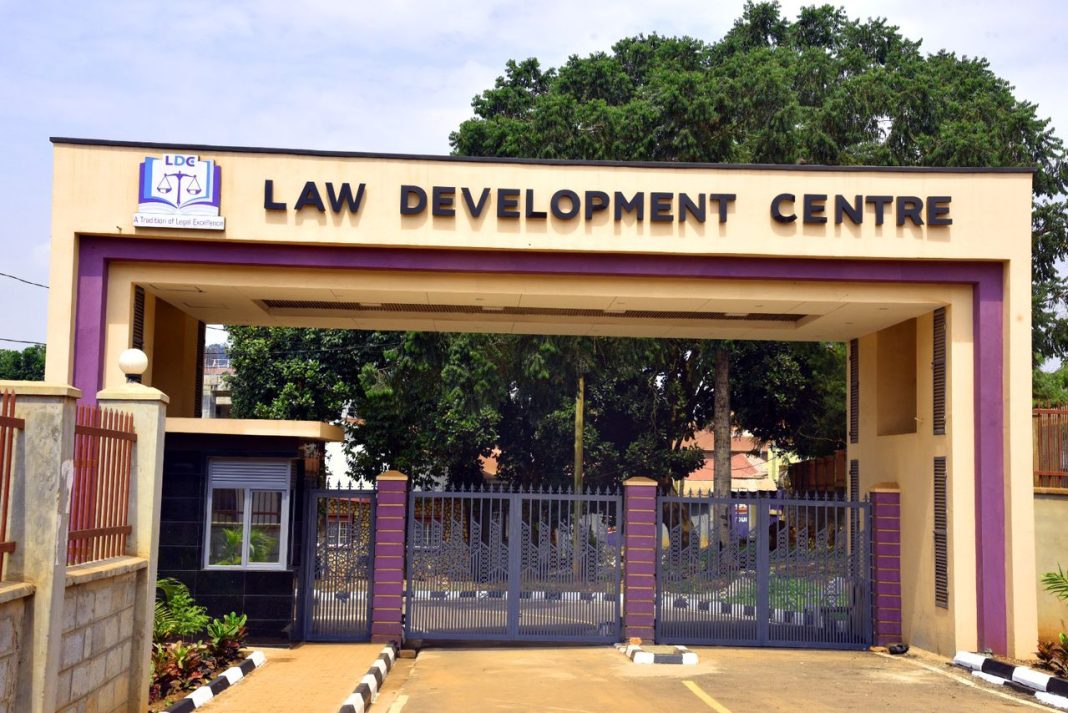By David Mwanje
In a bold move to reshape Uganda’s legal education landscape, the Law Development Centre (LDC) has suspended admissions for the 2025 Bar Course, citing infrastructural and staffing constraints. Aspiring advocates now face a year of waiting, preparation, and uncertainty as the nation transitions toward a revolutionary model for legal training.
In yesterday’s release, LDC announced it would not admit new students for the Post Graduate Diploma in Legal Practice until January 2026. The centre, grappling with a double intake from the 2024/2025 academic year, cited overstretched facilities and limited human resources as the reasons.
The double intake, a one-time measure to accommodate soaring student numbers, has pushed LDC’s capacity to its limits, with the current cohort set to complete their studies in December 2025. For recent law graduates, this suspension delays their dreams of becoming advocates, forcing them to recalibrate their plans.
The suspension is part of a broader transformation. The Ugandan Cabinet has approved the repeal of the Law Development Centre Act (Cap. 251), paving the way for the creation of the National Legal Examinations Centre. This new body will oversee standardized training and examinations for the Bar Course across accredited institutions, decentralizing a system long criticized for its exclusivity.
The reform promises greater access to legal training, freeing future students from the constraints of a single institution. The shift aims to address longstanding complaints about limited slots and centralized training, offering hope for a more inclusive system.
To manage future admissions and maintain quality, LDC has introduced a mandatory pre-entry examination for the 2026 intake. Guidelines, including exam dates and eligibility criteria, will be published by September 1, 2025, through national newspapers and LDC’s social media channels.
The pre-entry exam is designed to regulate student numbers while ensuring only the most prepared candidates advance to the Bar Course. For aspiring advocates, it’s a new challenge that demands rigorous preparation but also a chance to prove their readiness in a competitive field.
The reforms mark a turning point for Uganda’s legal education system. By decentralizing training and introducing a unified national exam, the National Legal Examinations Centre aims to resolve issues of overcrowding and inaccessibility.
For thousands of law graduates, the suspension is a bittersweet pause a chance to prepare for a more equitable future. As they study under the pressure of an uncertain timeline, these future advocates remain focused on the promise of a transformed system, one that could redefine their path to the Bar.























